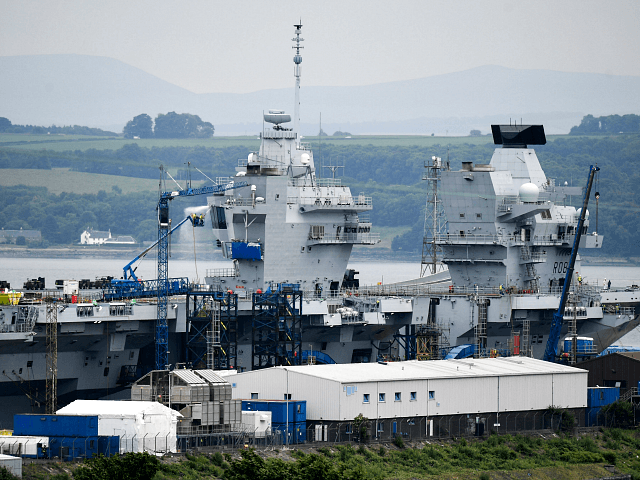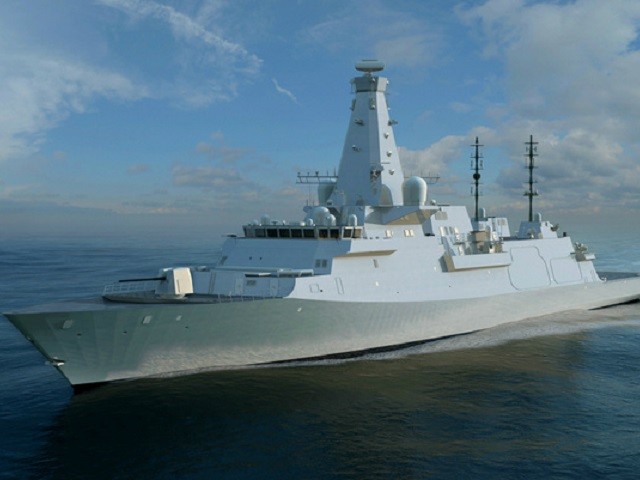Steel firms and veterans groups have expressed disbelief at the decision to construct the Royal Navy’s new Type 26 frigates using steel sourced mainly from the EU – and accused the bloc of a significant amount of responsibility for British steelmaking’s recent decline.
Only around one-third of the steel used to build the new ships will be sourced from British manufacturers, with the remainder being supplied by Sweden.
Procurement minister Harriet Baldwin claimed that, “For some grades of plate steel, the combination of thickness, size and flatness specifications needed for the Type 26 frigates mean that the steel cannot be sourced in its entirety in the UK.”
But Roy Rickhuss, General Secretary of the steelworkers’ union, said: “It’s not good enough for the Government to say we can’t make the right sort of steel. If we had a proper industrial strategy our steelworks would be equipped to meet the challenges.”
It has been reported that only 6 per cent of the steel used to build the Queen Elizabeth II carriers was sourced from abroad.
Simon Boyd, managing director of the hundred-year-old steel engineering firm REIDsteel, told Breitbart London that, in his opinion, “any deficiencies in British manufacturers’ capacity to fulfil the requirements are due to the corrosive effects of years of EU regulations.
“Restrictions on state aid have discouraged strategic investments and prevented successive governments from being able to give the sector the support it needs to fully meet the demands of the UK.”
WATCH: UK Steel Manufacturer Highlights How EU Membership Is Killing UK Industry https://t.co/euYNYX3c3w pic.twitter.com/TITk3DLrSX
— Breitbart London (@BreitbartLondon) March 30, 2016
The Scots-born businessman, who has written at length about the negative impact of the EU on all sorts of small and medium-sized enterprises, added: “The inability of EU member-states to take independent action against dumping by countries such as China, as well as EU carbon trading schemes which have encouraged manufacturers to move production out of the UK, have also had a cumulative, deleterious effect on the steel industry.
“An industrial strategy for steel and the wider manufacturing sector needs to be put in place ready for our exit from the EU so we can restore British standards to their rightful position in the world.”
Brussels Accused of Selling Out British Steel Industry by Caving to Chinese Demands https://t.co/lIjmrDH9H3 pic.twitter.com/m4jeaychaK
— Breitbart London (@BreitbartLondon) March 17, 2016
Rear Admiral Roger Lane-Nott, a former operational commander of the Royal Navy and a board member of the Veterans for Britain group, told Breitbart London: “These massive steel contracts could have preserved hundreds of UK jobs and saved essential expertise.”
He also highlighted the role EU rules on competition and tendering play in making it difficult for the government to guarantee that work is awarded to domestic firms.
Certain exemptions to these rules apply to the Defence industry, but these were tightened at the end of 2016.
“This change puts a shadow over any Ministry of Defence shipbuilding contracts until we formally get out of the EU in 2019,” the Rear Admiral noted.
“It’s incredible that anyone in the EU could be thinking of staying in the Single Market when it brings these conditions.”


COMMENTS
Please let us know if you're having issues with commenting.